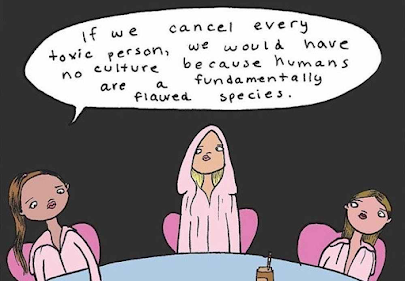Made with AI: who's the author?
- Get link
- X
- Other Apps
One of this week's posts in the class blog was about ChatGPT, one of the most popular and controversial topics of discussion lately.
The question being currently discussed in my institution deals with the overall use of AI in education. Is it ok for students to use ChatGPT when writing an assignment? Surprisingly (at least to me), this doesn't seem to be an issue, and teachers might even encourage students to use it, but with caution and a critical-thinking mindset.
So ok. Let's do this. But in practice: must students cite AI-generated references? If so, how? And, are ideas and content generated with AI tools your property? Can you put a copyright on it?
Yes, more discussion with co-workers, more debate during happy hours.
In-text
Author of generative AI model, Year of version used
Example:
(OpenAI, 2022)
OpenAI (2022)
Reference list
Author of AI model used. (Year of AI model used). Name of AI model used (Version of AI model used) [Type or description of AI model used]. Web address of AI model used
Example:
OpenAI. (2022). ChatGPT (Dec 20 version) [Large language model]. https://chat.openai.com/
The full transcript of a response can be included in an appendix or other supplementary materials.
Here, author is OpenAI.
Sounds fair? logical? wise? What do you think? Should we promote input from the creator over output generated by artificial intelligence?
- Get link
- X
- Other Apps
Comments

This is an interesting topic. If it is created by AI, is it considered my original work? I don't think so... Having AI write your papers wouldn't seem right to me since it is not coming from me, only the topic maybe? I am not sure about that. I do agree that it needs to be cited when used.
ReplyDeleteI agree with you and Ericka. It is not my original work if it is AI-generated. I think using it as a research tool to explain a concept you struggle with would be okay. It is not okay to have it write the entire paper, just like you can't quote an entire paper written by another person. I find the artwork part interesting. You pay to use Midjourney, so you own the art. I think you should be able to copyright it given that the "artist" isn't a person.
ReplyDelete